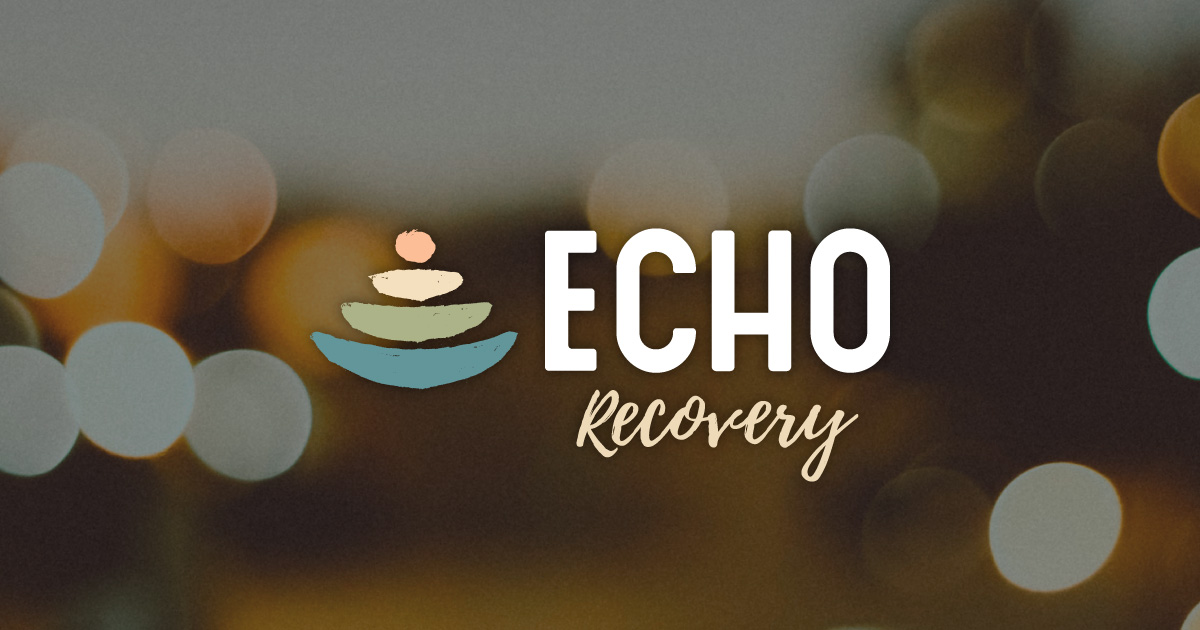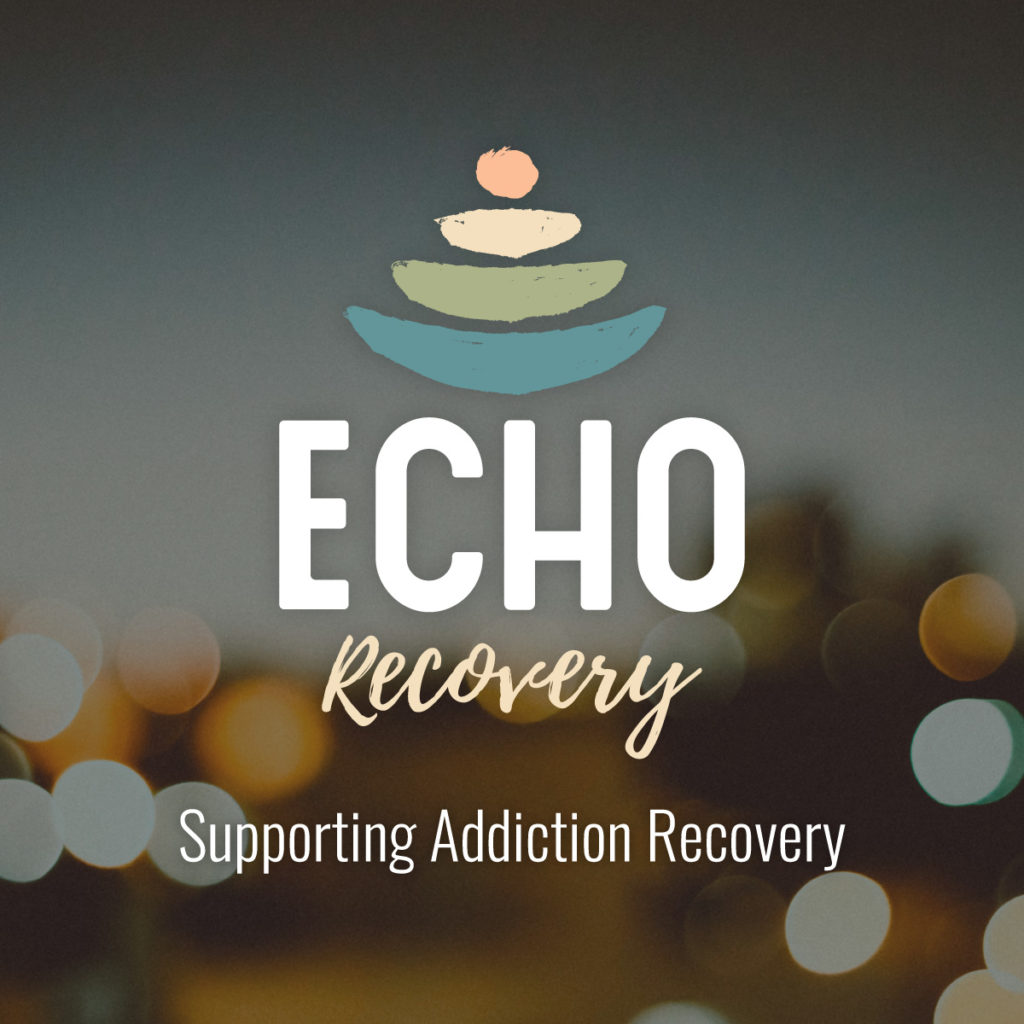Countless people throughout the United States have experienced substance abuse in some way, either personally or through a relative or close friend. Although there are many destructive substances causing havoc in American communities, opioids are the deadliest. The numbers of opioid prescriptions, opioid overdoses, and opioid-related deaths have skyrocketed in recent years, and it’s up to everyone to fight this ongoing epidemic.
How Can I Help?
One of the best ways you can help fight the opioid epidemic is by talking to your friends and loved ones about substance abuse. Even if you believe that no one you know is struggling, many people hide their addictions or simply don’t pay enough attention to them because they do not realize the danger. Starting conversations is one of the best ways to drive awareness of this issue, so be sure to talk to the people you know and love.
It’s also important to know how to spot the warning signs of addiction. If a friend or relative starts displaying odd behavior, seems preoccupied when you spend time with him or her, or has sudden financial trouble, these could all be signs of a blossoming addiction. Let him or her know you are concerned, and if you discover that any type of substance abuse is happening, help him or her find resources for treatment and recovery.
Advocacy Programs
Starting conversations in your own circles is definitely helpful, but you can take this a step further if you have the time to join an advocacy group. There are addiction advocacy organizations all over the country, so you should be able to find one close to you relatively easily. When you take part in an advocacy program, you may work toward informing your community about the dangers of substance abuse in your area, but these organizations offer other opportunities as well. People who have completed recovery often participate in such programs to act as mentors, guides, and sponsors to people just starting their recovery journey. You can also plan and participate in community actions, charity drives, and many other events.
Donating To Help Substance Abuse Treatment
Echo Recovery is a not-for-profit organization that helps connect people struggling with addiction to specialists and treatment centers that can help them recover. You can help this endeavor by donating items that sober living and addiction treatment homes greatly need.
Living in a residential treatment program or transitioning from rehab to recovery are difficult times for people struggling with substance abuse, and the items you donate can make a tremendous difference in many peoples’ recovery experience.
Basic items like bedding (twin size), pillows, pillowcases, and comforters help people in recovery live comfortably as they work toward lifelong sobriety. You can also donate paper items and cleaning supplies like paper towels, toilet paper, trash bags, soaps, detergents, and disposable plates, cups, and cutlery. During a stay in a residential treatment program, patients start to relearn the basic requirements of daily life like cooking, cleaning, and doing laundry. Dish soap, laundry soap, dryer sheets, cooking utensils, and pots and pans are tremendously helpful in this regard.
You can also donate lawn care equipment like mowers, weed whackers, and gardening tools. We accept new and some gently used items. Donations can also take the form of gift cards to gas stations, grocery stores, and department stores like Target and Walmart. These donations will allow recovery patients to shop for basic living essentials in their areas. You can also donate nonperishable food.
Questions About Donating?
If you’re unsure what type of donation to make, want suggestions for a future donation, or simply don’t know where to send your donated items, contact Echo Foundation today and we’ll be happy to answer any questions you may have about donating. We can also let you know of items in high demand or whether a gently used item qualifies for donation.
Mailing a donation of supplies may not work for everyone, so if you’d prefer to make a cash donation, you can do so through the Network for Good. Your donation may be tax deductible as well, so be sure to speak with a tax advisor in your area about your donation to make sure you meet any applicable regulations or donation caps for your area.
Join The Echo Foundation Network
The Echo Foundation blog covers the latest news in substance abuse, treatment, and the latest statistics across the country. We are dedicated to providing the public with the latest and most accurate information regarding substance abuse and treatment in the United States. Continue following our blog for the latest news and to learn more ways you can help those in need during recovery.

Experienced Chief Executive Addiction Recovery and Mental Health Professional
Business professional in the Addiction Recovery and Mental Health industry for the past 26 years. Caring, compassionate and strongly motivated to make a difference in the organizations I am affiliated with and welfare of the population we serve. Currently focused on advocating, educating and developing projects leveraging evidence based, real time technology to support individuals in recovery.

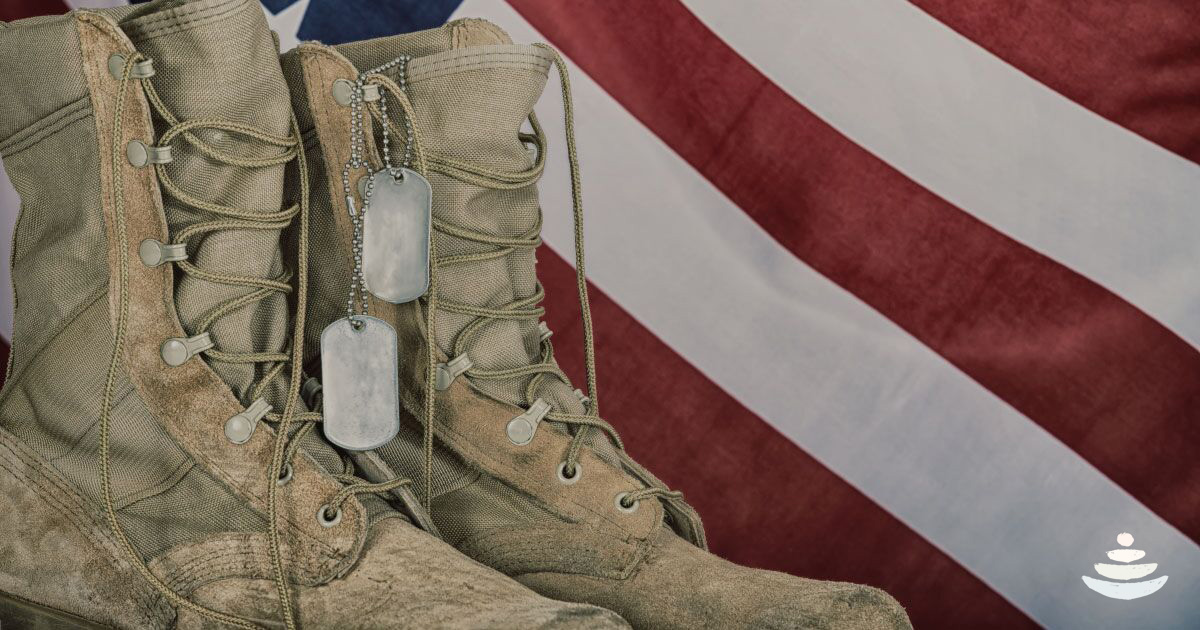

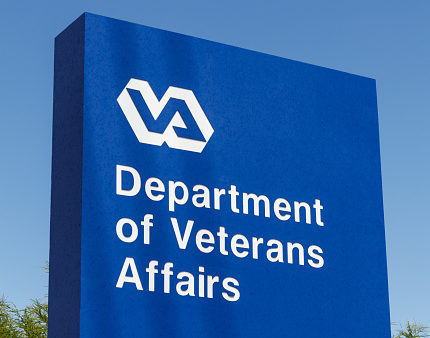
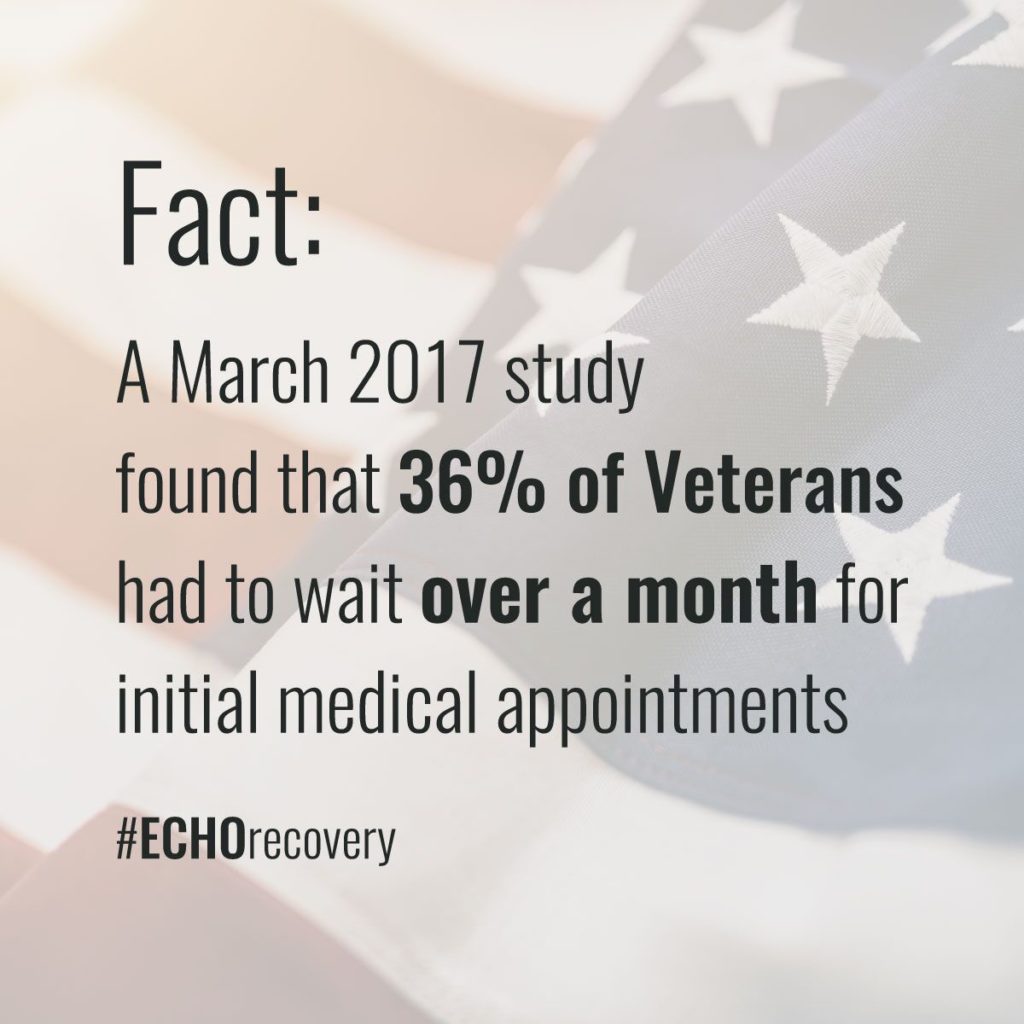

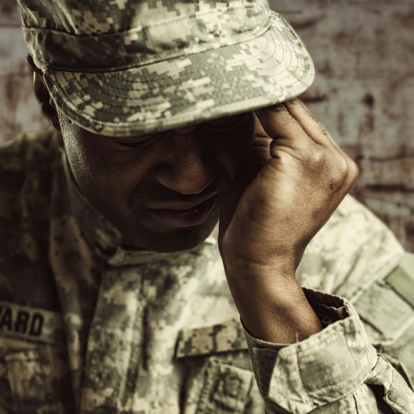 Just as our servicemen and women have fought for freedom abroad, it is up to us to help fight for their well-being here at home. While there’s not a single solution to the problems that plague the VA medical system, our country can find solutions when concerned citizens take an interest.
Just as our servicemen and women have fought for freedom abroad, it is up to us to help fight for their well-being here at home. While there’s not a single solution to the problems that plague the VA medical system, our country can find solutions when concerned citizens take an interest.